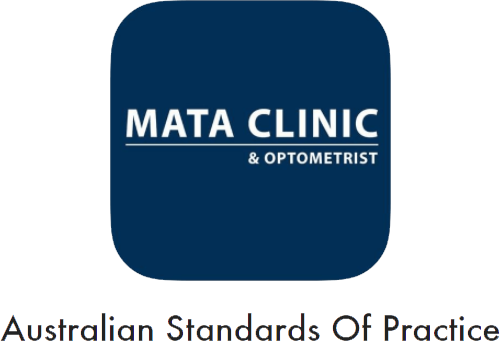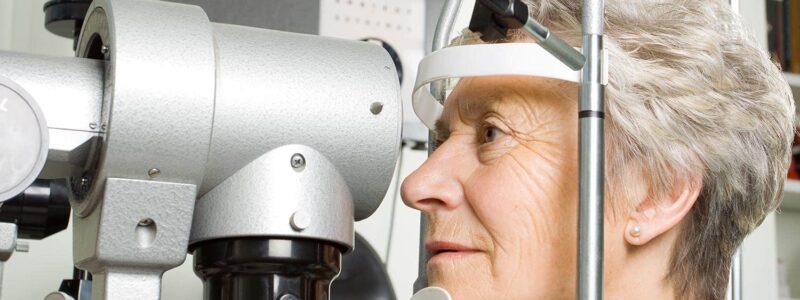In an age of advancing technology and automation, the human touch remains irreplaceable, especially when it comes to something as nuanced and vital as eyecare. While automated systems offer convenience and speed, the benefits of a prescription by a human optometrist are manifold and undeniable.
One of the most significant advantages of consulting a human optometrist is the personalized approach they bring to every examination. Unlike automated refractors, which primarily focus on measuring refractive errors, human optometrists take into account a variety of factors, including lifestyle, occupation, medical history, and individual visual needs. This holistic assessment ensures that the prescription not only corrects vision but also enhances overall visual comfort and performance in daily activities.
Furthermore, human optometrists possess the expertise to detect and diagnose various eye conditions and diseases beyond simple refractive errors. Through comprehensive eye examinations, they can identify early signs of conditions such as glaucoma, cataracts, macular degeneration, and diabetic retinopathy. Early detection is crucial for timely intervention and treatment, potentially preventing vision loss and preserving ocular health.
Moreover, the interaction between the patient and the optometrist fosters communication and trust, allowing patients to voice their concerns and preferences. This dialogue enables optometrists to tailor recommendations and treatment plans accordingly, ensuring patient satisfaction and compliance with eyecare regimens.
Another significant benefit of consulting a human optometrist is the continuity of care they provide. Optometrists develop a long-term relationship with their patients, monitoring their eye health over time and adjusting prescriptions as needed. This ongoing care promotes proactive management of eye conditions and facilitates early intervention when changes occur, promoting optimal visual outcomes and quality of life.
Additionally, human optometrists offer invaluable guidance and advice on eyewear selection, taking into consideration not only visual correction but also style, comfort, and suitability for specific activities or environments. Their expertise helps patients make informed decisions about their eyewear, ensuring optimal vision and satisfaction with their visual aids.
In essence, while automated refractors offer efficiency and convenience, they cannot replicate the personalized care, expertise, and comprehensive approach provided by human optometrists. Investing in regular eye examinations by a qualified optometrist is essential for maintaining good eye health, preventing vision problems, and enjoying optimal visual comfort and performance in everyday life. Trusting your eyes to the care of a human optometrist is a decision that pays dividends in the long run, safeguarding your vision and well-being for years to come.






Recent Comments